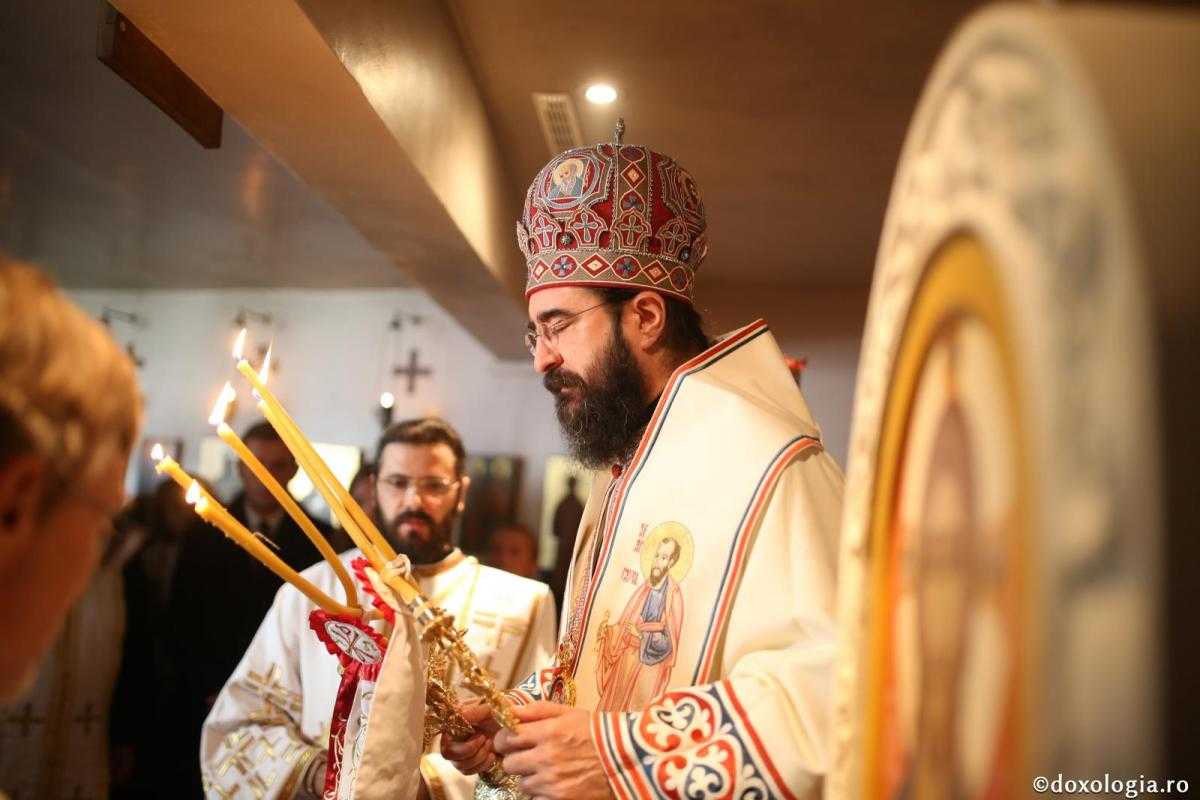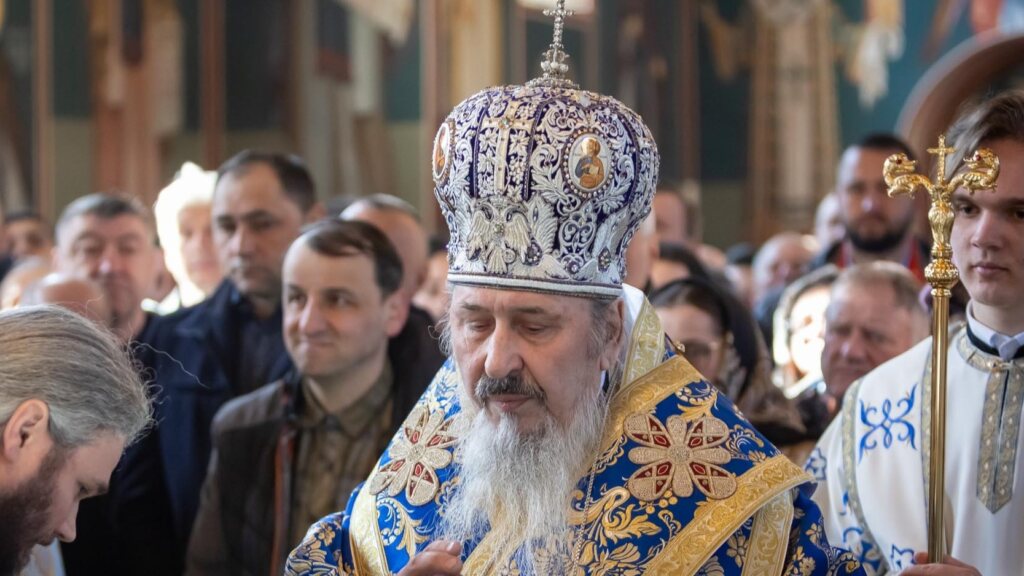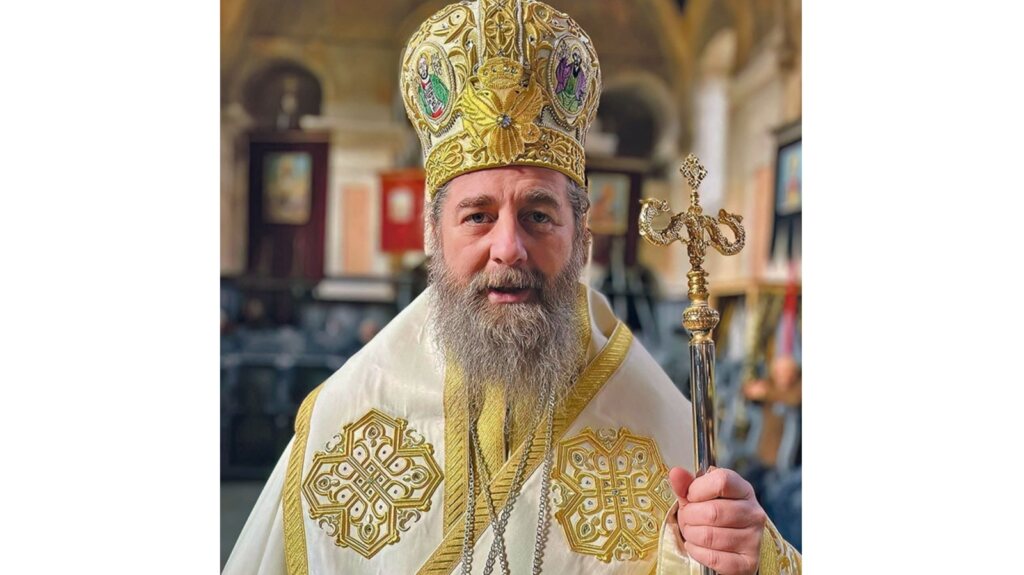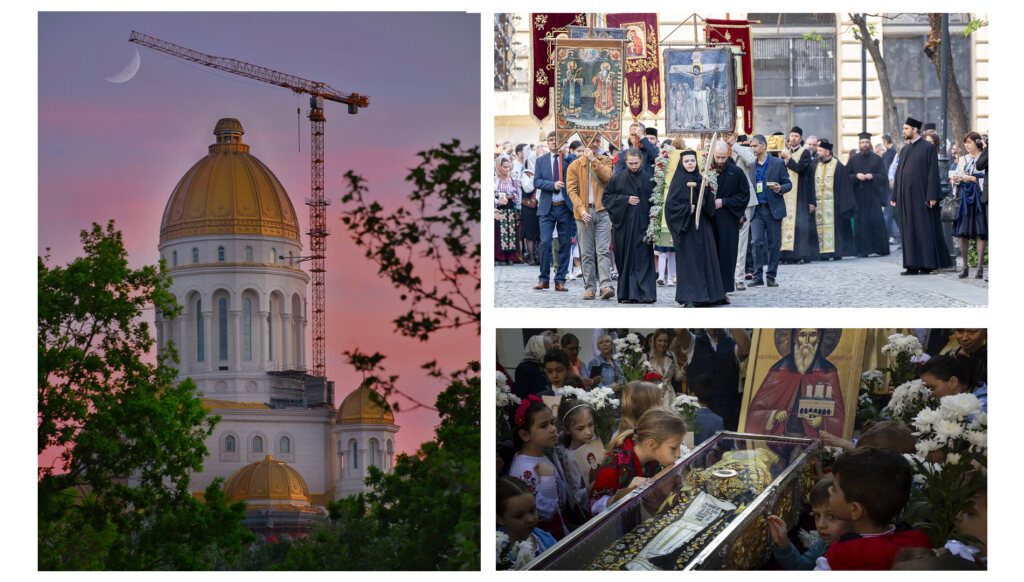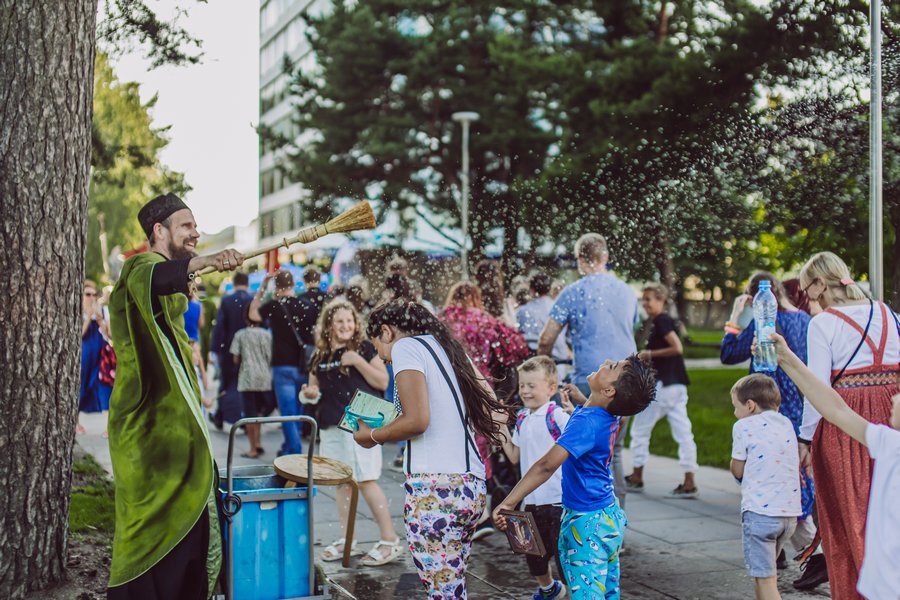The challenges faced by Romanian clerics abroad and the specifics of the diaspora’s mission were highlighted by Metropolitan Iosif of Western and Southern Europe in an interview with Radio Trinitas.
“To have a driver’s license, to be very mobile, to have an understanding wife,” are some of the criteria that a priest in the diaspora must meet, His Eminence said, highlighting the weight of the mission outside Romania’s borders.
The Romanian Metropolitan explained that most priests must have a job because they cannot support their families only from church ministry. And the priest’s wife, the Metropolitan added, has an extraordinary role in the cleric’s mission.
Why? Because “you go straight from work to bless a house; because you arrive late in the evening; because on Saturdays and Sundays you can never go out with your family; because you arrive first in the church and leave last, around 16: 00-17: 00 p.m.”
And all these sacrifices cannot be made without a presbytera dedicated to the ecclesial mission.
A driver’s license is required for pastoral visits to the community, as the distances are considerable. “I tell you that some have believers to whom they must go and see 100 km away.”
3 directions: Parish, family and job
Pastoral care in the diaspora implies a different reality from that in Romania. There, it usually takes place in the evening, when people return from work.
“Sure, it’s more of a weekend pastoral care; often, on Saturday and Sunday, all activities are concentrated. Then confessions, baptisms, weddings and of course, the Divine Liturgy are celebrated. The rest of the time, the priest is working.”
Romanian clergy have three primary obligations to focus on, the Metropolitan underscored.
“I always say to the faithful: our priests have three directions or three obligations, three very great tasks. First the parish, then the family, and then the workplace. They confess and live their faith in all these environments in which they work. First of all, they must be very present in the parish, to be on constant alert because they can be interrupted by the faithful even at work. Then, it’s the family they have to take care of.”
“Everyone thinks we are rich
The lack of their worship places is another crucial challenge for the Romanian communities, especially for the clergy. But also the cliché that “we are rich”.
“Another element specific to us is the fact that we do not have churches. Everyone believes that we in the West are rich and that we can help. And we do. We’re trying to help. But the key is the absence of churches. We borrow churches from Catholics, Protestants, city halls; we rent different spaces where the worship of that parish takes place.”
“There is enormous pressure on every priest, from all sides,” Metropolitan Iosif concluded.
“When you live among foreigners, the feeling of burden is accentuated
The challenges escalated after the pandemic outbreak. The difficulties multiplied for both clergy and believers.
“If it was a difficult year for Romania, even more, so it was a difficult year for Romanians living outside the country’s borders, because when you live among foreigners the feeling of burden is accentuated because there are loneliness and isolation”, Metropolitan Iosif said.
The Metropolitan of Western and Southern Europe explained that it was very difficult for Romanians in general, “for those affected by the disease, for those isolated, for those who lost their jobs, for those who could not move from home, for those who did not have someone to help them.”
“Isolation, loneliness, the feeling of helplessness overwhelmed us all. It’s been weeks of isolation; the distances are very long, the communities are not as compact as they are here (in Romania). To get to church in the morning, a person makes from 15 minutes to an hour or more to get to the Divine Liturgy by car.”
For new challenges, new measures, new solutions were needed. Pastoral care has been adapted to the times and demands.
“We tried to compensate by broadcasting the services, through online lectures, catechesis. The priests managed to move from one house to another, but everything is different than here in Romania because the distances are very long.”
The Romanian Orthodox Metropolis of Western and Southern Europe consists of three dioceses: the Archdiocese of Western Europe, the Diocese of Italy and the Diocese of Spain and Portugal served by six bishops.
The Romanian Orthodox Archdiocese of Western Europe consists of 6 archdioceses, 122 parishes, 57 missions and 25 non-parish churches, 15 monasteries, four hermitages, two chapels, served by 241 clerics (199 priests and 42 deacons).
Photography courtesy of Doxologia Files
Follow us on Twitter: @BasilicaNews
